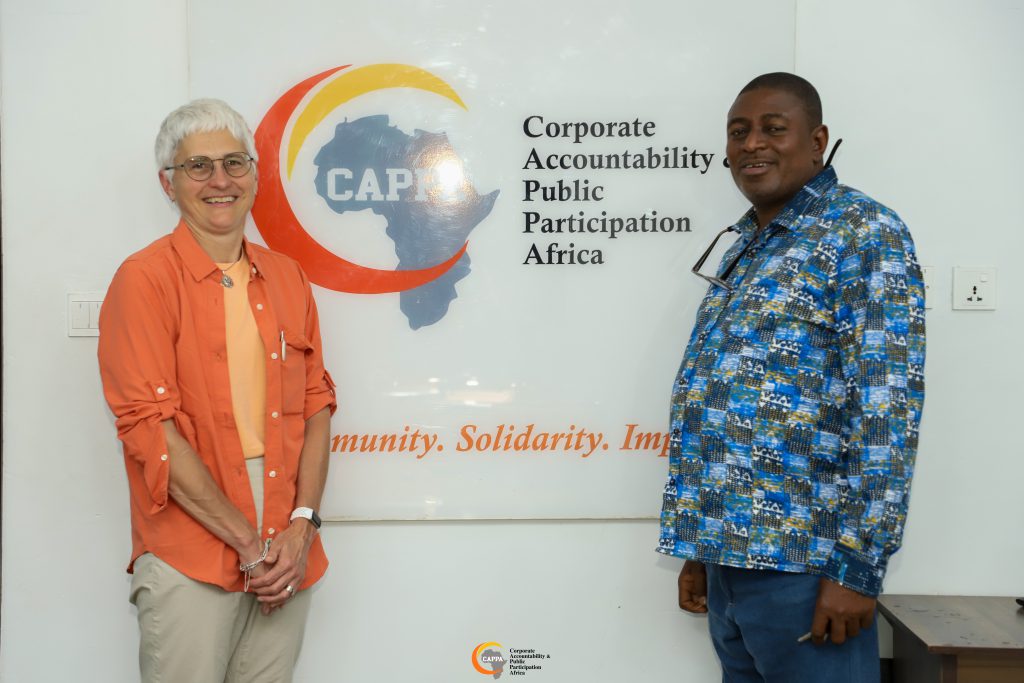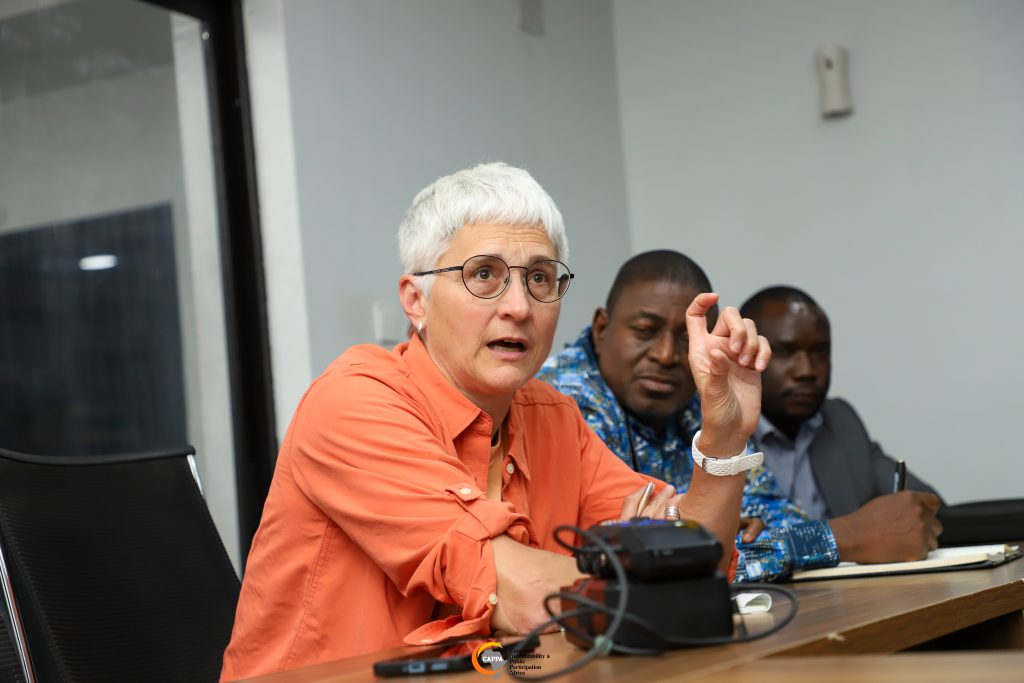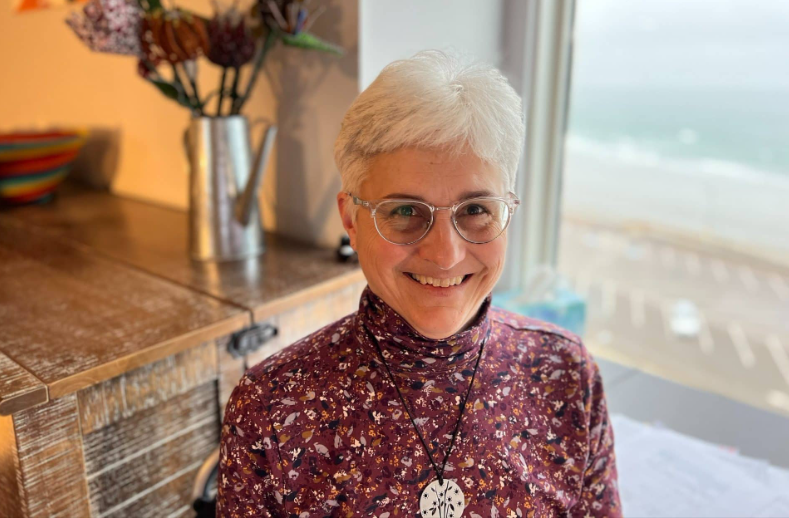Nigeria and others in the Global South face a steep challenge in getting climate reparation from the Global North, but there are options for how to push for this, a United States-based activist Kathy Mulvey, has said.
Mulvey, Accountability Campaign Director, Climate & Energy Programme at the Union of Concerned Scientists, noted that there were vested interests against reparation but that lawsuits in the US over the matter might help shape the conversation and point the way forward for countries.
She spoke at the Corporate Accountability and Public Participation Africa (CAPPA) headquarters in Lagos while engaging journalists during her maiden visit to Nigeria.
In September, climate activists in Nigeria, alongside their counterparts around the world demanded that governments in the Global North pay $5 trillion annually as a down payment toward their climate debt.
The protests marked the peak of the global week of action ahead of Climate Week NYC, with civil society groups demanding rich countries pay for their reckless fossil fuel consumption, which has led to devastating climate impacts worldwide.

Responding to a question on Nigeria’s chances of getting reparation, Mulvey said: “I think it’s a steep challenge but it’s certainly one of the most important challenges that we face right now. The oil and gas industry profits, especially since Russia’s invasion of Ukraine, are through the roof.
“The effort for loss and damage inside the United Nations (UN) Framework Convention On Climate Change is between nation-states, and you have nations of the Global North that have emitted the most and benefited the most and you know aren’t really paying our fair share.
“Part of what our campaign does is you can look at common but differentiated responsibilities, you can look at fair shares from the standpoint of governments and you can also look at it from the standpoint of industries and corporations.”
She explained that activists were pressuring the United States on climate financing, as a temporary alternative to loss and damages funding which was not making adequate headway with polluter countries.
Mulvey said: “What we’re seeking to do, and what we’re calling on the United States government to do is to step up climate finance, which isn’t the same as loss and damage, but you know the pledges for loss and damage are still minimal, and look at what our responsibility is to hold those corporations that are headquartered in Global North jurisdictions accountable and make them start to internalise the true costs of their business.
“There is litigation underway in the US over climate damages and over climate deception that I think can advance the conversation in the Global North about these questions of damages. What they would owe in the US is a drop in the bucket compared to real climate justice for Global South communities. It’s going to be important to have those conversations in that global context.
“So, am I optimistic (about chances of reparations)? I think there are a lot of interests arrayed against getting levelling of the playing field in terms of paying for loss and damage and there’s a lot of vested interests in keeping business as usual and causing more damage with fossil fuels.”

Mulvey also spoke on the need for government leaders to hold major oil companies accountable for environmental pollution caused by refining activities.
“My responsibility as a corporate accountability campaigner is rooted in the fundamental strategies of going after the leaders. And if we can get changes from the leaders, there will be changes throughout the industry,” she added.
In his brief remark, CAPPA Executive Director, Oluwafemi Akinbode, acquainted Mulvey with the organisation’s thematic areas, including public health advocacy, social justice, extractives and environment, democracy outreach and climate change.


